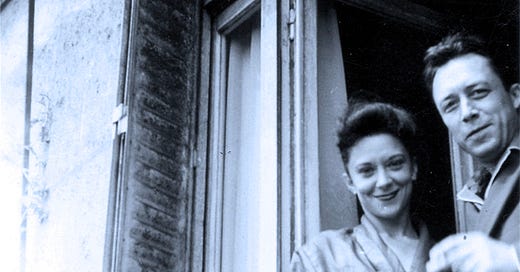Remembering Albert Camus, the Absurdist
A tragic end to an amazing existence and the importance of questioning the human condition.
Albert loved soccer. He would play in the grass field most afternoons with his friends if it weren't raining hard. His background was poor, with his parents having difficulties making ends meet. To make matters worse, WWI broke out, and his dad went to fight for France. Meanwhile, in Algeria, the family was doing their best. Soon came the bad news: Dad …




